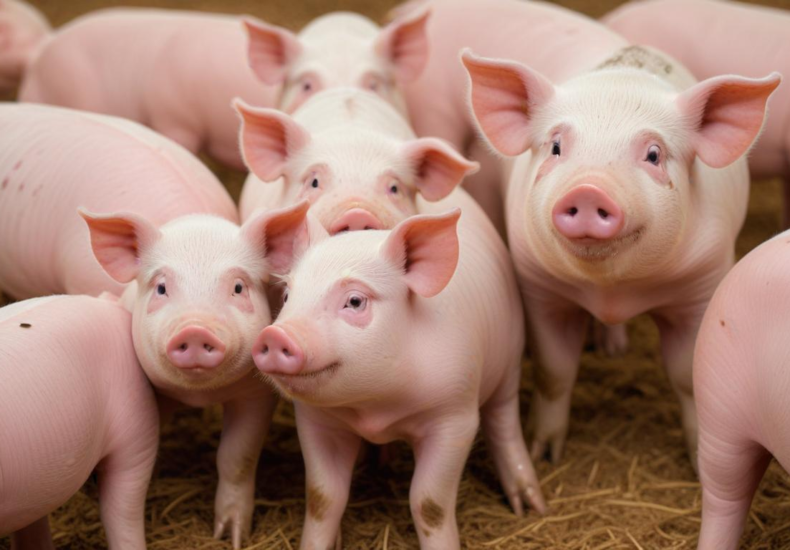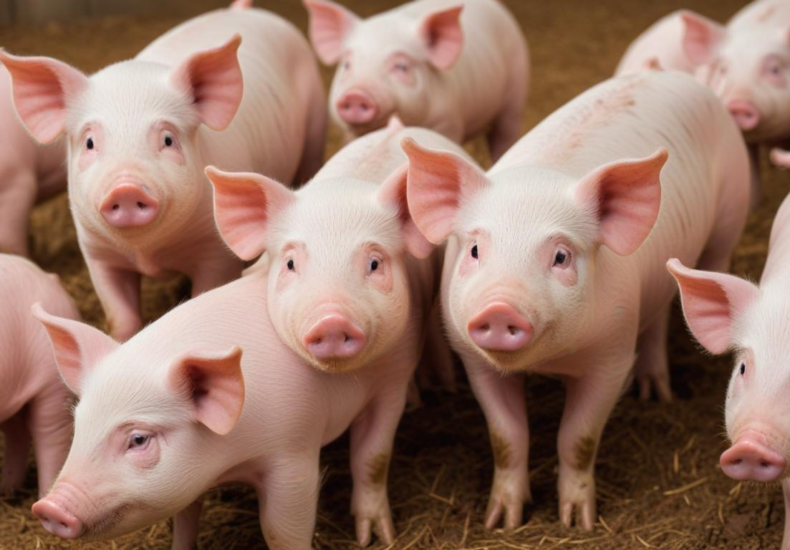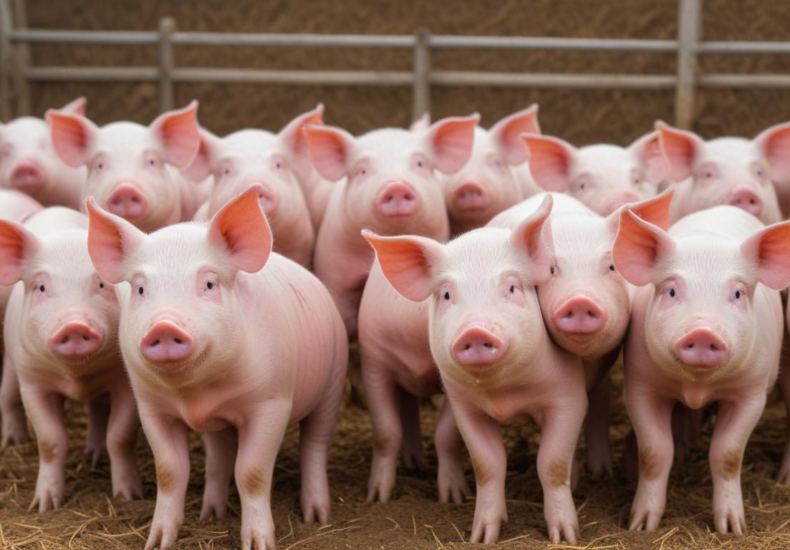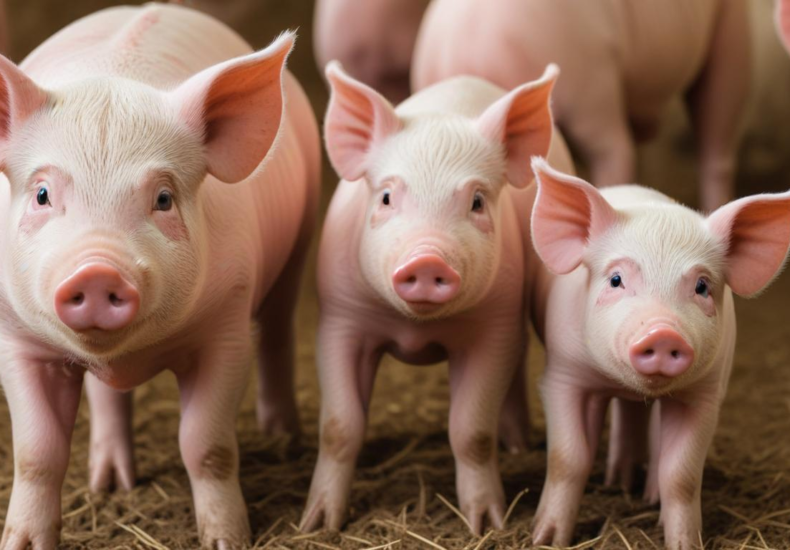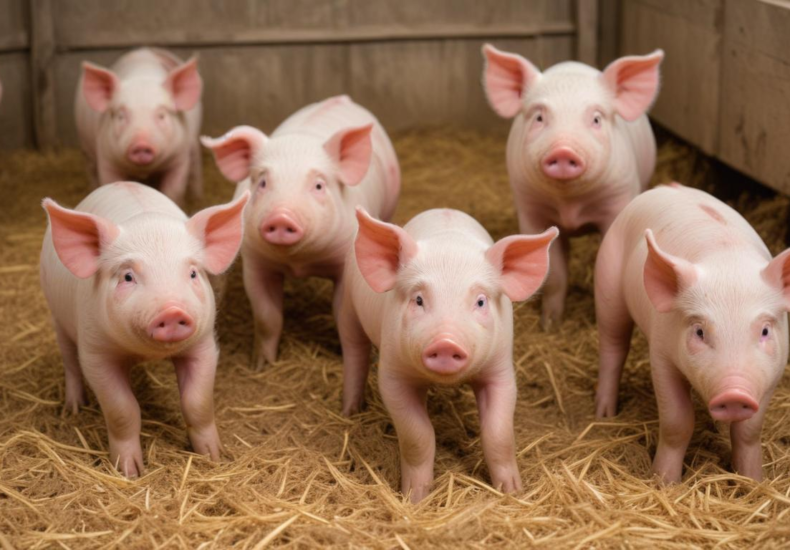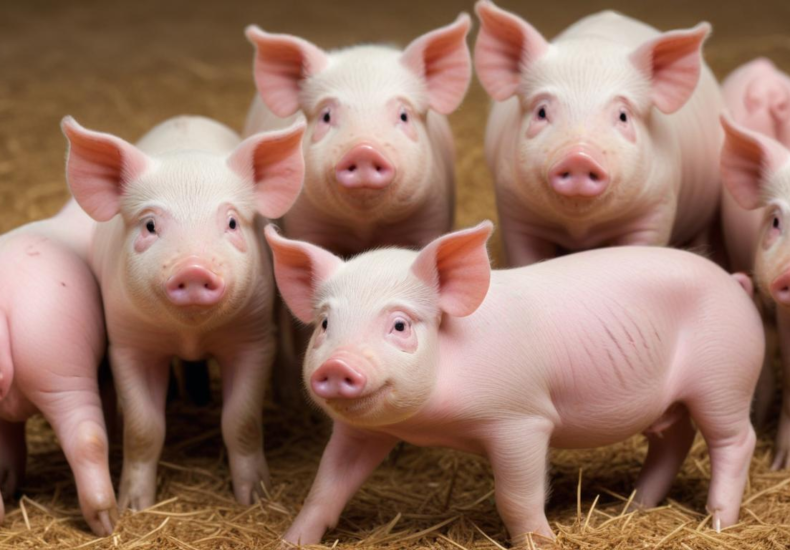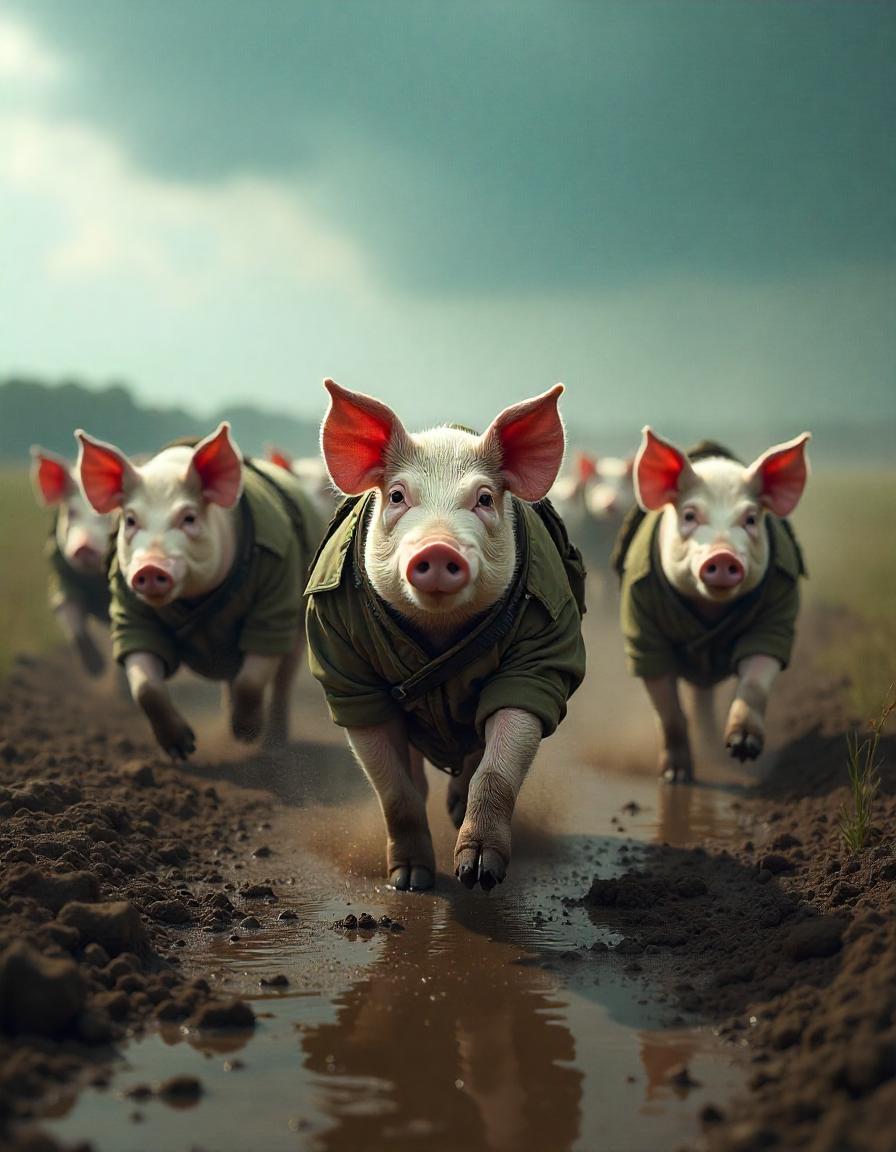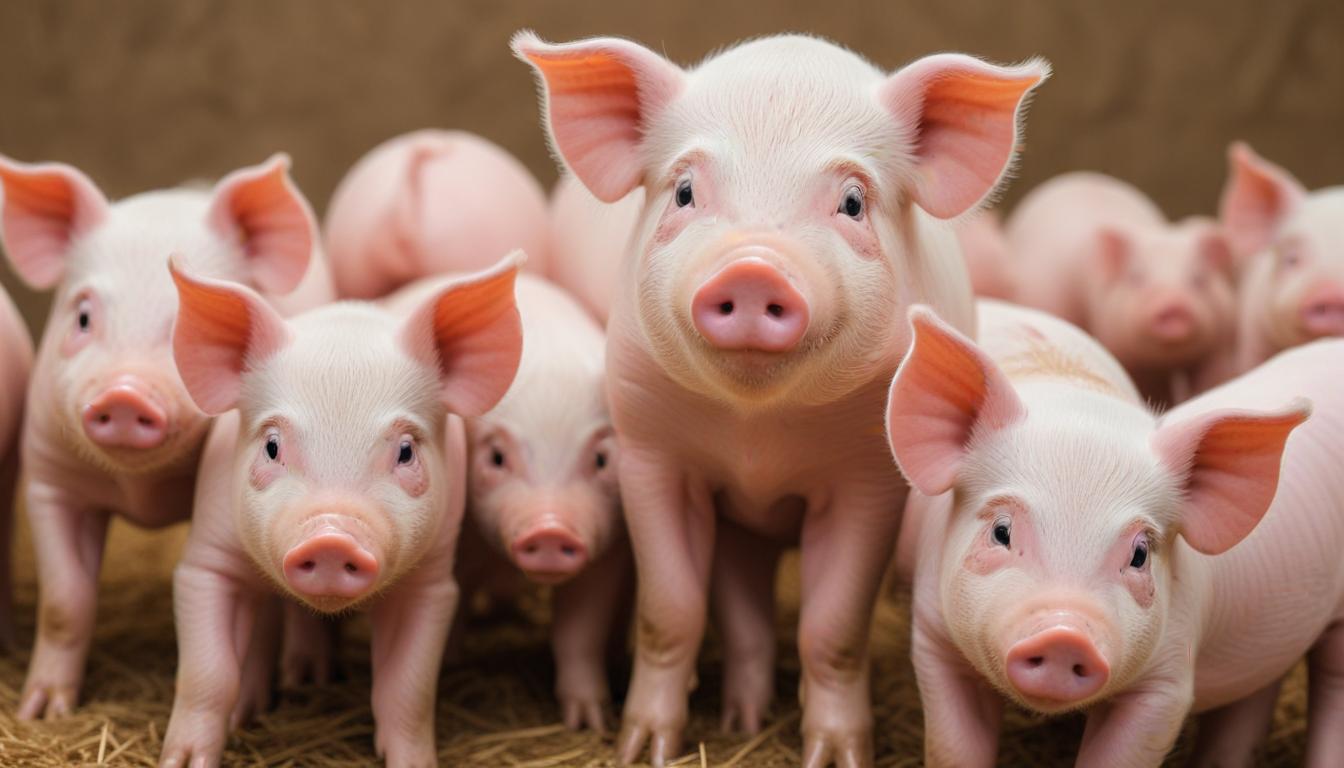Month: March 2025
effects of crossbreeding on pig genetics
The impact of crossbreeding in pigs reshapes the genetic landscape of swine farming, enhancing traits such as growth rate, reproductive performance, and disease resistance. By blending characteristics from different breeds, producers can leverage hybrid vigor for superior outcomes, improving overall productivity and adaptability. This approach not only meets market demands for quality meat but also promotes long-term genetic diversity, addressing challenges in health and sustainability within the industry. Discover the revolutionary potential of crossbreeding and its implications for the future of pig production.
exploring the DNA of heritage pig breeds
Heritage pig breeds showcase a fascinating genetic lineage and unique traits honed over generations, contrasting sharply with the commercial breeds bred for uniformity. These pigs thrive in diverse farming environments, boasting exceptional qualities like flavor and adaptability. Discover the remarkable attributes of breeds such as Berkshire and Tamworth, and explore the innovative conservation strategies and genetic research aimed at preserving these invaluable animals. The interplay of tradition and technology reveals a promising future for heritage pigs within sustainable agriculture and biodiversity.
genetic improvements in commercial pig farming
Recent advancements in genetic research are reshaping commercial pig farming, enhancing productivity and sustainability. Techniques like genomic selection and gene editing are enabling breeders to select for desirable traits such as growth rates, disease resistance, and meat quality. This innovative approach is not only improving economic viability but also addressing animal welfare and environmental impacts. As breeders integrate precision technologies and sustainable practices, the future of pig farming promises healthier animals and a reduced ecological footprint, redefining industry standards and practices.
economic benefits of applying pig genetics in farming
The evolution of pig farming through advanced genetics is reshaping agricultural economics. Farmers are strategically selecting traits that enhance productivity, reduce feed costs, and improve disease resistance, leading to significant long-term sustainability. As pigs grow faster and require less feed, operational efficiency skyrockets, promising higher profit margins. This shift not only boosts individual farm profitability but also nurtures environmental stewardship, ensuring resilience against market fluctuations. Explore how these genetic advancements are paving the way for a more sustainable and prosperous future in agriculture.
the role of heredity in pig reproduction
The exploration of genetic influences on pig reproduction uncovers the pivotal role heredity plays in fertility rates, gestation periods, and overall litter success. Advances in genomic technologies and breeding practices reveal how specific traits can be cultivated for better outcomes. Additionally, the interplay between genetics and environmental factors, including nutrition and housing, poses both challenges and opportunities for enhancing reproductive efficiency. As these methodologies evolve, the future of swine production may witness unprecedented gains in productivity and sustainability.
heritability estimates for pig reproductive traits
Understanding the heritability of reproductive traits in pigs is essential for advancing breeding strategies and improving efficiency in swine production. Key traits such as litter size and age at first service exhibit varied heritability estimates influenced by genetic and environmental factors. Recent advancements, including genomic selection, offer new possibilities for identifying specific genes and optimizing breeding practices. As breeders navigate the interplay between genetics and management, the potential for enhancing herd productivity and sustainability becomes increasingly promising. Discover the intricacies that can transform swine breeding and production in the modern agricultural landscape.
why some pigs grow faster genetically
Genetic factors are crucial in shaping pig growth rates, directly affecting productivity and efficiency in livestock production. Traits such as average daily gain, feed conversion ratio, and body composition are influenced by genetics, enabling breeders to select for faster-growing pigs. With the advent of genomic selection and advanced breeding techniques, including CRISPR-Cas9 gene editing, farmers can enhance desired traits. As the industry embraces data-driven approaches and sustainability, the future of pig farming looks poised for significant advancements in growth performance and animal welfare.
how pigs have inspired famous stories and movies
Pigs have captivated audiences in literature and media for generations, serving as symbols of intelligence, humor, and deeper moral themes. From the innocent friendship in “Charlotte’s Web” to the critical social commentary of “Animal Farm,” these characters illustrate the complexities of life and society. Their diverse representations across genres highlight enduring lessons about perseverance, community, and individuality. As tales of pigs continue to evolve in pop culture, they maintain a powerful presence, encouraging reflection on essential human values and experiences.
Understanding common pig diseases and their prevention strategies
Pig health is a cornerstone of successful swine production, heavily influenced by the understanding of various diseases and prevention strategies. With a range of common illnesses such as Porcine Reproductive and Respiratory Syndrome, Swine Influenza, and Porcine Epidemic Diarrhea posing significant threats, timely recognition of symptoms is vital. Implementing robust biosecurity measures, vaccination programs, and thorough herd monitoring not only supports the overall welfare of pigs but also enhances farm productivity. Explore the critical components that contribute to a healthier swine operation and the proactive measures that can make a difference in disease management.
the science behind pig breeding and genetics
Advancements in pig genetics are reshaping the landscape of swine breeding, highlighting the interplay between hereditary traits, biotechnology, and animal welfare. By leveraging modern techniques like genomic selection and CRISPR, breeders can enhance traits such as disease resistance and feed efficiency. Sustainable practices are also gaining traction, promoting environmental responsibility while meeting consumer demands. As data-driven methodologies and collaborative approaches evolve, the future of pig breeding promises to optimize genetic potential, improve productivity, and ensure better welfare for animals and producers alike.
